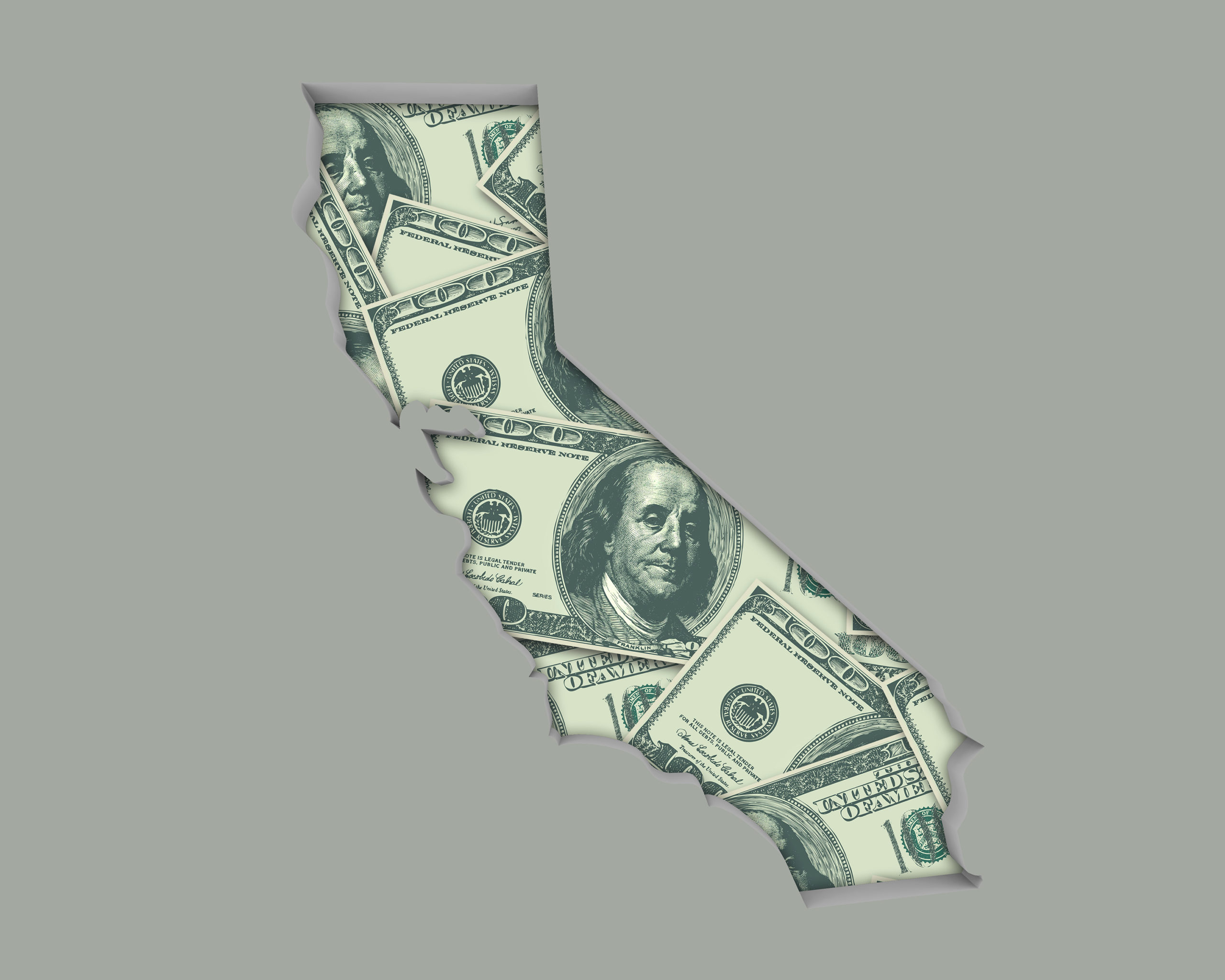Consequently, the details released thus far indicate that legislators’ plan for balancing the 2024-25 budget will work on paper only. In practice, budget holes will likely persist for the current fiscal year and taxpayers should expect the budget drama to continue long after the official budget is passed on June 15th.
Accepting the Governor’s deficit projection as accurate, the legislature is supposedly closing a $46.9 billion deficit for the upcoming budget year. They claim that the necessary budget savings are “primarily coming from Program Reductions” [sic]. But program reductions account for about 35 percent of the total savings in the legislative Democrat plan. Drawing down on reserves accounts for another 11 percent of the proposed budget solution, which means budget gimmicks, fund shifts, and revenue increases account for the majority of the claimed budget savings.
Relying on fund shifts and budget gimmicks (31 percent of the proposed solutions) is revealing. It demonstrates that the talk about closing the state’s long-term budget shortfalls is just that – talk only. Deferring spending from the current budget to the following years, even though budget problems are expected to remain a large problem for the foreseeable future, is nothing more than kicking the can down the road. Other than the timeliness issue, it clearly contradicts the legislative leaders’ assertion that they are “proposing a responsible, balanced, and on time budget plan.”
Also disconcerting is the budget plan’s focus on increasing spending rather than detailing how the plan will actually control expenditures. For example, according to legislative leaders, they want to:
- Shift over $5.2 billion in climate related investments from the General Fund to the Greenhouse Gas Reduction Fund and maintain funding to Offshore Wind infrastructure;
- Increase funding to Proposition 98 education spending by an additional $1.9 billion relative to the May Revision;
- Allocate $1 billion toward Homeless Housing, Assistance and Prevention (HHAP) Grant Round 6, and maintain the proposed $500 million low-income housing tax credit program;
- Increase the “net base” funding to the UC and CSU university systems;
- Fully fund the middle-class education scholarship program the Governor proposed decreasing;
- Reject the Governor’s proposed spending cuts to childcare programs, CalWORKs, foster care, home supportive services; and
- Reject the Governor’s proposed cuts to Multifamily Housing, Regional Early Action Planning (REAP) 2.0, Housing Navigation and Maintenance Programs, and transportation programs such as intercity rail.
Much of this spending sounds important, and some of it is. But California already spends significantly more on government programs than most states yet continually provides Californians with poor results such as low K-12 education outcomes, unsafe public transportation, and the continually worsening homelessness problem. In other words, more money is not the answer – better governance is. Better governance includes spending taxpayers’ hard-earned dollars more effectively.
With respect to the current budget crisis, this litany of increased programmatic spending is illustrative. At a time when the budget is in crisis and revenues are disappointing, the legislature is focusing on increasing the size of the government – especially in the long term. Democratic legislative leaders do not provide a clear sense of how the budget will be “balanced” nor how their spending plans are fiscally “responsible.” Instead, the legislative budget provides an illusion of fiscal responsibility that obfuscates the state’s long-term fiscal difficulties.
Like the gardeners in Alice in Wonderland, legislative leaders are figuratively painting white roses red because they wish it were so. Unfortunately, ignoring the state’s fiscal problems while hoping that somehow it will all work out will not solve the state’s latest budget crisis. It simply delays the inevitable. Unlike the Lewis Carroll story, where the gardeners “lost their heads” it is taxpayers, not legislative leaders, who will suffer the consequences.
Dr. Wayne Winegarden is a senior fellow in business and economics at the Pacific Research Institute.

